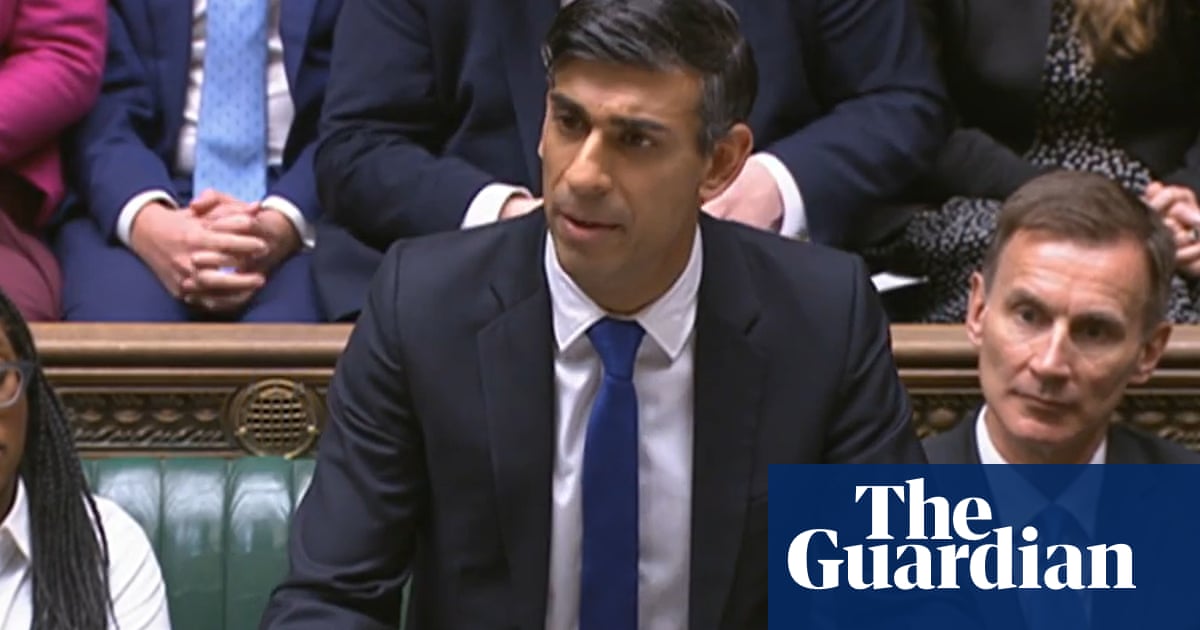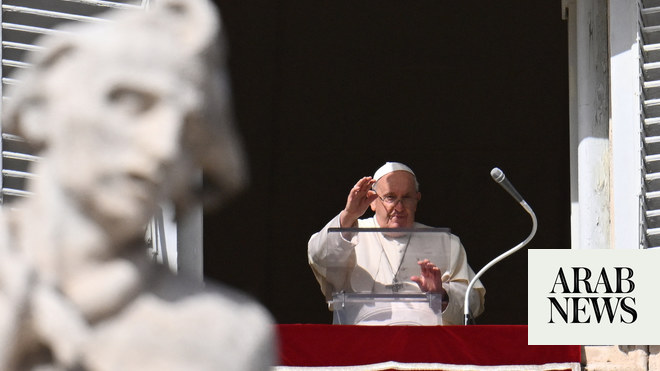
LONDON: Congress members, conservative activists, and wealthy tech investors have renewed their call demanding a ban on TikTok within the US, alleging that the app’s most widely viewed content on the subject of the Israel-Hamas conflict exhibits a bias toward Palestine.
The group claims that the bias has reduced support for Israel among young Americans, conflicting with US foreign policy interests.
Marco Rubio, US senator and vice chairman of the Senate Select Committee on Intelligence, said in a statement: “For quite some time, I have been warning that Communist China is capable of using TikTok’s algorithm to manipulate and influence Americans.
“We’ve seen TikTok used to downplay the Uyghur genocide, the status of Taiwan, and now Hamas terrorism.”
TikTok has been under scrutiny for years due to its Chinese ownership and concerns about government influence, a point of contention for both Democrats and Republicans who argue that it poses a risk to the personal information of American users.
Critics allege that the platform uses its algorithm to promote content supporting Palestine and the actions of Hamas while attempting to destabilize the country.
TikTok rejects these accusations and dismisses claims of bias as “baseless.”
In an emailed statement, the company said: “Our community guidelines apply equally to all content on TikTok and we strongly reject any of the baseless claims to the contrary. We’re committed to consistently enforcing our policies to protect our community.”
Accusations regarding TikTok’s endorsement of pro-Palestinian content, and calls for a ban, increased last week after Jeff Morris Jr., a tech venture capitalist and former executive with the dating app Tinder, wrote a series of posts on TikTok, highlighting data that he believes clearly shows that “Israel is losing the TikTok war.”
Morris discussed how high schoolers and college students are receiving what he called “incorrect information” about Hamas and Israel. He pointed out that the hashtag #standwithpalestine had accumulated 2.9 billion views, while videos with the hashtag "#standwithisrael" had only about 200 million.
Morris wrote: “When I engaged with one post on TikTok supporting opposing views, my entire feed became aggressively anti-Israel.”
He added that consequently “Israel is losing the TikTok war by a long shot.”
Experts and social media are undecided over the findings. How TikTok’s algorithm works has been the subject of controversy.
TikTok data shows that over the past 30 days the hashtag #standwithpalestine was featured in 9,000 videos, accumulating more than 27 million views in the US. The hashtag #standwithisrael appeared in 5,000 videos, attracting over 43 million views, in the same period.
Of those using #standwithpalestine, nearly 60 percent were in the 18-24 age group, while 42 percent of those using #standwithisrael were 35 or older.
American news outlet NBC has hinted at the possibility of a “generational divide.”
Annie Wu Henry, a digital strategist who consults with political campaigns and organizations on TikTok, strongly rejects the idea that TikTok is influencing Generation Z users to adopt specific ideologies.
She believes that TikTok is unjustly being used as a “scapegoat,” with young people “being unfairly vilified.”
Social media companies have faced scrutiny for their management of content related to the Hamas-Israel conflict.
Some content creators have expressed concerns about their content not receiving the expected level of engagement, and there have been instances of account suspensions due to security concerns and technical glitches.
Meta last week temporarily suspended the prominent pro-Palestinian news account @eye.on.palestine, citing security concerns related to a potential hacking attempt.
Several Instagram users in early October complained that their posts and accounts were suspended or banned due to their pro-Palestinian content in the wake of Israel’s bombardment of the Gaza Strip. The platform attributed this incident to a technical glitch.
TikTok’s guidelines prohibit content from “violent political organizations” such as Hamas, and state intolerance of hateful ideologies, such as antisemitism and Islamophobia, on the platform. However, the company has faced challenges in effectively identifying certain extremist content, as reported over the past year.












